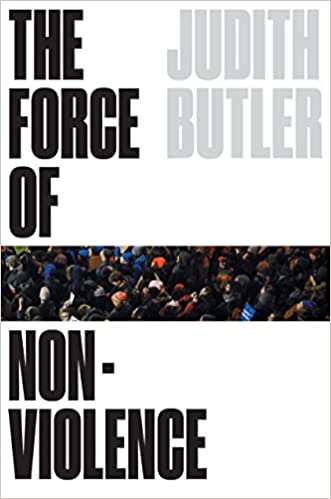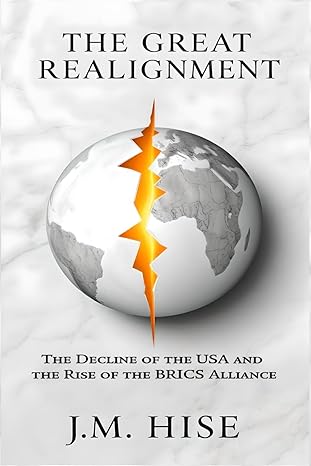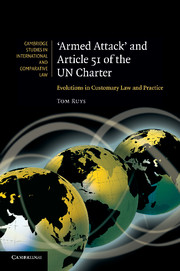“Judith Butler is the most creative and courageous social theorist writing today." – Cornel West
“Judith Butler is quite simply one of the most probing, challenging, and influential thinkers of our time.” – J. M. Bernstein
Judith Butler’s new book shows how an ethic of nonviolence must be connected to a broader political struggle for social equality. Further, it argues that nonviolence is often misunderstood as a passive practice that emanates from a calm region of the soul, or as an individualist ethical relation to existing forms of power. But, in fact, nonviolence is an ethical position found in the midst of the political field. An aggressive form of nonviolence accepts that hostility is part of our psychic constitution, but values ambivalence as a way of checking the conversion of aggression into violence. One contemporary challenge to a politics of nonviolence points out that there is a difference of opinion on what counts as violence and nonviolence. The distinction between them can be mobilized in the service of ratifying the state’s monopoly on violence.
Considering nonviolence as an ethical problem within a political philosophy requires a critique of individualism as well as an understanding of the psychosocial dimensions of violence. Butler draws upon Foucault, Fanon, Freud, and Benjamin to consider how the interdiction against violence fails to include lives regarded as ungrievable. By considering how “racial phantasms” inform justifications of state and administrative violence, Butler tracks how violence is often attributed to those who are most severely exposed to its lethal effects. The struggle for nonviolence is found in movements for social transformation that reframe the grievability of lives in light of social equality and whose ethical claims follow from an insight into the interdependency of life as the basis of social and political equality.
چکیده فارسی
«جودیت باتلر خلاقترین و شجاعترین نظریهپرداز اجتماعی است که امروز مینویسد.» – کرنل وست
جودیت باتلر به سادگی یکی از کاوشگرترین، چالش برانگیزترین و تاثیرگذارترین متفکران زمان ماست. - جی ام برنشتاین
کتاب جدید جودیت باتلر نشان میدهد که چگونه اخلاق پرهیز از خشونت باید با یک مبارزه سیاسی گستردهتر برای برابری اجتماعی مرتبط باشد. بعلاوه، استدلال میکند که خشونت پرهیزی اغلب بهعنوان یک عمل منفعلانه که از ناحیهای آرام از روح سرچشمه میگیرد، یا بهعنوان یک رابطه اخلاقی فردگرایانه با اشکال موجود قدرت، اشتباه درک میشود. اما در واقع خشونت پرهیزی یک موضع اخلاقی است که در میانه میدان سیاسی یافت می شود. یک نوع پرخاشگرانه خشونت پرهیز میپذیرد که خصومت بخشی از ساختار روانی ما است، اما دوسوگرایی را به عنوان راهی برای بررسی تبدیل پرخاشگری به خشونت میداند. یکی از چالشهای معاصر سیاست عدم خشونت به این نکته اشاره میکند که در مورد آنچه خشونت و خشونت پرهیزی محسوب میشود، اختلاف نظر وجود دارد. تمایز بین آنها را می توان در خدمت تصویب انحصار دولت بر خشونت بسیج کرد.
در نظر گرفتن خشونت پرهیزی به عنوان یک مشکل اخلاقی در یک فلسفه سیاسی مستلزم نقد فردگرایی و همچنین درک ابعاد روانی-اجتماعی خشونت است. باتلر از فوکو، فانون، فروید و بنیامین استفاده میکند تا در نظر بگیرد که چگونه ممانعت از خشونت شامل زندگیهایی نمیشود که غمانگیز تلقی میشوند. باتلر با در نظر گرفتن اینکه چگونه "شباح نژادی" توجیهات خشونت دولتی و اداری را توجیه می کند، ردیابی می کند که چگونه خشونت اغلب به کسانی نسبت داده می شود که به شدت در معرض اثرات مرگبار آن هستند. مبارزه برای عدم خشونت در جنبشهایی برای دگرگونی اجتماعی یافت میشود که غمانگیز بودن زندگیها را در پرتو برابری اجتماعی دوباره چارچوب میدهند و ادعاهای اخلاقی آنها از بینشی به وابستگی متقابل زندگی به عنوان مبنای برابری اجتماعی و سیاسی ناشی میشود.
ادامه ...
بستن ...
- ISBN-10 : 1788732766
- ISBN-13 : 978-1788732765
ادامه ...
بستن ...










